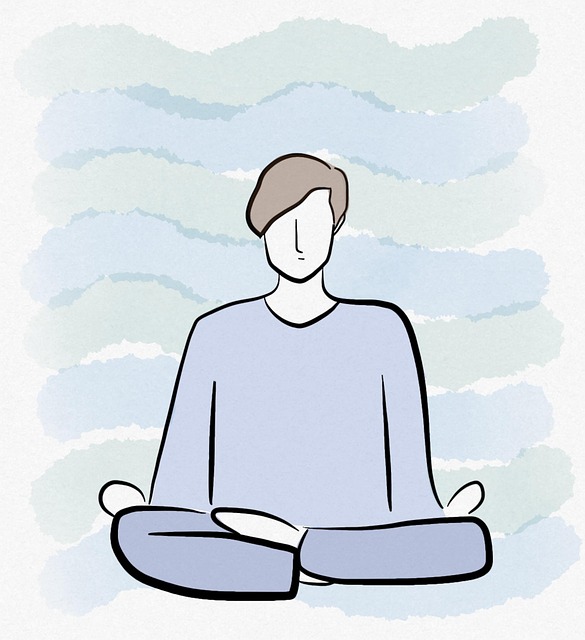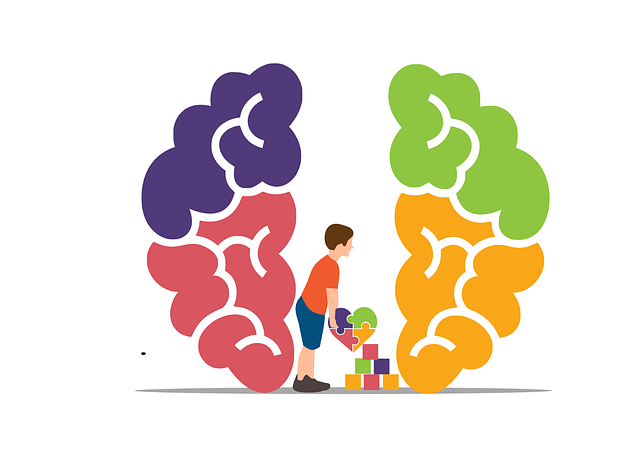Stress, left unmanaged, can lead to severe mental and physical health issues. Arvada International Adoptions Therapy offers a unique approach combining traditional therapy with compassion cultivation, helping individuals develop personalized coping skills for stress management. This holistic method reduces stigma, promotes resilience, and cultivates inner calm through mindfulness, exercise, sleep, and cultural sensitivity. Backed by research, these techniques lower cortisol levels, alleviate anxiety and depression, and enhance overall well-being, emphasizing self-care routines crucial for preventing burnout.
Stress reduction is essential for maintaining optimal well-being. In this article, we explore various methods to combat stress and foster a calmer mindset. From understanding the profound impact of stress on our lives to adopting unique approaches like Arvada International Adoptions Therapy, we delve into effective strategies. Additionally, we discuss lifestyle changes, mindfulness techniques, and building resilience for long-term stress management. Discover practical ways to navigate life’s challenges with greater ease and tranquility, including the potential benefits of Arvada International Adoptions Therapy.
- Understanding Stress and Its Impact on Well-being
- Arvada International Adoptions Therapy: A Unique Approach to Stress Reduction
- Lifestyle Changes for a Calmer Mindset
- The Power of Mindfulness and Relaxation Techniques
- Building Resilience and Coping Strategies for Long-term Stress Management
Understanding Stress and Its Impact on Well-being

Stress is a natural response to demanding situations, but chronic or prolonged stress can have detrimental effects on both mental and physical health. When faced with stressful events, our bodies release hormones like cortisol, which over time can contribute to issues such as anxiety, depression, and even cardiovascular problems. Recognizing the impact of stress on our well-being is a crucial first step towards managing it effectively.
At Arvada International Adoptions Therapy, we emphasize the importance of understanding stress as a complex psychological and physiological phenomenon. Our approach includes teaching coping skills development and compassion cultivation practices to help individuals navigate stressful situations healthily. By incorporating these strategies, clients can not only reduce symptoms of stress and anxiety but also enhance their overall resilience in the face of life’s challenges, fostering a greater sense of balance and well-being.
Arvada International Adoptions Therapy: A Unique Approach to Stress Reduction

Arvada International Adoptions Therapy offers a unique and innovative approach to stress reduction, focusing on cultural sensitivity and self-care routine development for better mental health. By combining traditional therapy methods with a deep understanding of various cultures, this therapy provides a safe space for individuals to navigate their mental health journeys. The program acknowledges the impact of cultural backgrounds on one’s emotional well-being and aims to reduce the stigma associated with mental illness through a holistic approach.
This therapy encourages clients to explore and integrate self-care practices tailored to their individual needs, fostering a sense of resilience and tranquility. By delving into cultural sensitivity in mental healthcare practice, Arvada International Adoptions Therapy ensures that every client receives personalized support, enhancing the overall effectiveness of stress reduction strategies. This method not only helps individuals manage current stress levels but also equips them with long-lasting tools to maintain mental well-being.
Lifestyle Changes for a Calmer Mindset

Adopting a healthier lifestyle can significantly contribute to stress reduction and cultivating a calmer mindset. Regular physical activity, such as those offered through programs like Arvada International Adoptions Therapy, has been scientifically proven to release endorphins, which act as natural mood elevators. Incorporating mindfulness practices, such as meditation or deep breathing exercises, into daily routines can help individuals stay grounded in the present moment and reduce anxious thoughts. Moreover, prioritizing quality sleep and maintaining a balanced diet are essential components of stress management. These lifestyle changes not only support overall well-being but also enhance one’s ability to cope with life’s challenges effectively.
In addition to these practices, seeking professional support from Trauma Support Services or engaging in Mental Health Policy Analysis and Advocacy can be transformative. Addressing past traumas and advocating for policies that reduce the stigma surrounding mental illness (Mental Illness Stigma Reduction Efforts) are crucial aspects of fostering a calmer mindset. Through therapy, individuals can gain insights into their stress triggers and develop personalized coping strategies. These comprehensive approaches work synergistically to promote mental health and create a more balanced and serene life.
The Power of Mindfulness and Relaxation Techniques

Mindfulness and relaxation techniques are powerful tools for reducing stress and promoting mental well-being, as highlighted by various studies and supported by institutions like Arvada International Adoptions Therapy. Practices such as meditation, deep breathing exercises, and yoga encourage individuals to focus on the present moment, calming the mind and body. These techniques have been shown to lower cortisol levels, often referred to as the stress hormone, which can help manage anxiety and depression.
Incorporating mindfulness into daily routines, whether through structured practices like compassion cultivation or social skills training, can lead to significant improvements in mental health. Moreover, these methods enhance emotional regulation, enabling individuals to respond to stressful situations more adaptively. As stressed in the Mental Health Policy Analysis and Advocacy, fostering self-awareness and relaxation techniques is a proactive approach to improving overall well-being and resilience.
Building Resilience and Coping Strategies for Long-term Stress Management

Building resilience is a powerful tool in the long-term stress management arsenal. It involves cultivating a mindset that allows individuals to adapt and bounce back from challenging situations, which is especially beneficial for managing chronic stress. Through various methods like cognitive behavioral therapy or mindfulness practices, one can develop coping strategies tailored to their unique needs. These might include effective time management techniques, setting healthy boundaries, and learning to recognize and challenge negative thought patterns.
Arvada International Adoptions Therapy offers valuable resources in this regard, focusing on holistic approaches to mental well-being. They emphasize the importance of self-care routines, which are essential for burnout prevention among healthcare providers, a demographic often at high risk. By incorporating activities that nurture both physical and emotional health, such as regular exercise, sufficient sleep, and cultural competency training in healthcare settings, individuals can enhance their ability to cope with stress.
In light of the above discussions, it’s clear that managing stress is a multifaceted journey. From understanding its profound impact on well-being to adopting unique therapies like Arvada International Adoptions Therapy, and implementing lifestyle changes, each strategy plays a vital role in achieving a calmer mindset. Furthermore, cultivating mindfulness, mastering relaxation techniques, and building resilience equip individuals with powerful tools for long-term stress management. By combining these methods, folks can navigate life’s challenges more effectively and find solace in their daily routines.














